Puerto Rico
Puerto Rico is a self-governing Caribbean archipelago and island, and has been a strategic point in the map for several reasons:
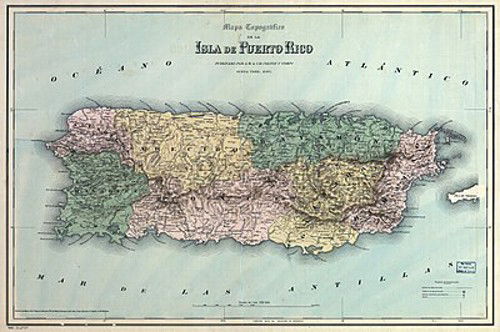
A curious detail is that, in 1898, during the Spanish-American war, Puerto Rico was invaded and later on acquired by the United States. Then, two laws, the Foraker Act and the Jones Act, oficially made Puerto Ricans United States citizens.
And that's the setting of Puerto Rico, the board game!
Game Info
Puerto Rico is a classic eurogame best played with 2 to 5 players, for ages 12 and up, by designer Andreas Seyfarth. It was illustrated by Franz Vohwinkel and Harald Lieske.
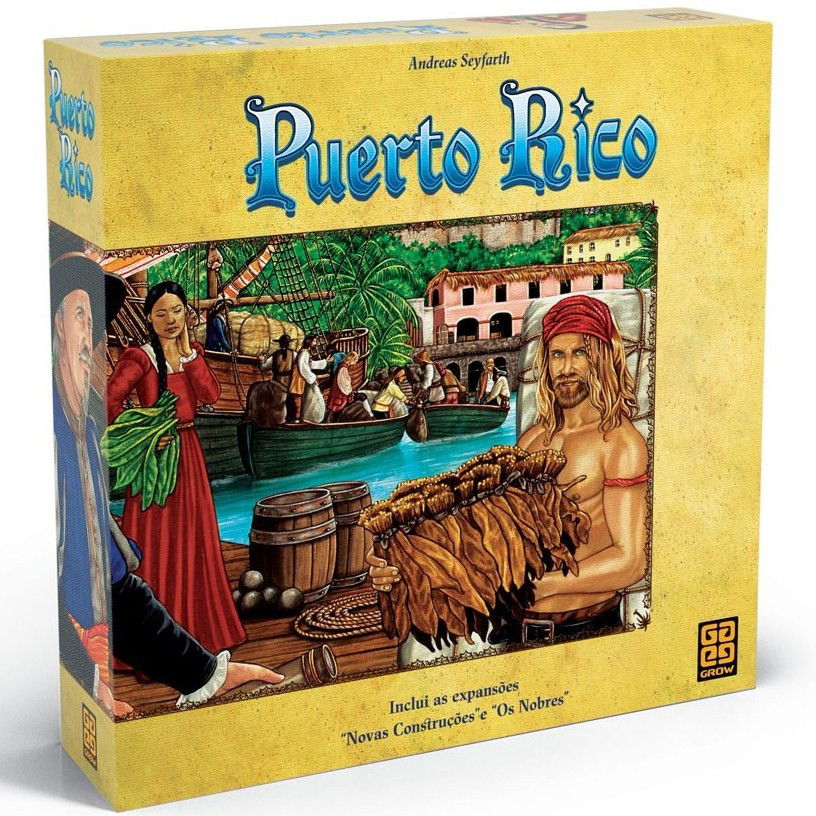
It was released in 2002 by Alea. Its basic mechanics are variable phase order, action drafting, end game bonuses, and hidden victory points.
Puerto Rico has won 9 awards between 2002 and 2010, and was nominated multiple times since then, namely Spiel des Jahres, Meeple's Choice, and As d'Or.
The Game
In this game, we are landowners in Puerto Rico - we grow corn, indigo, tobacco, sugar, and coffee. The challenge is being more efficient than our competitors, and, as a result, we need to make our entire process (from growing to selling) as efficient as possible. We'll construct buildings that will help us every step of the way, and get the locals to help, as well as other important figureheads.
In this game, you need to know when is the right time to grow, manufacture, and sell our products. That's key!
We'll start the game with a player board that represents our piece of land in Puerto Rico, a few doubloons (money), and will only be able to grow one type of crop at first. We won't get help from the locals to produce or manufacture anything at the beginning - this means we won't have any manpower.
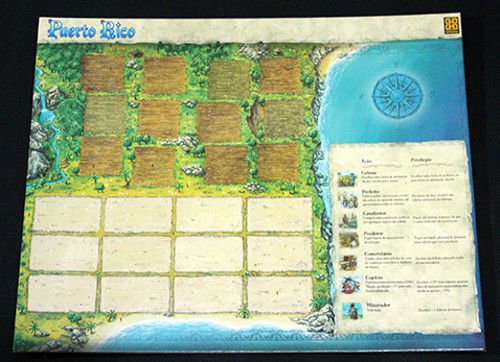
Puerto Rico is played over a series of rounds. The player with the Governor's card begins by picking, or more specifically, taking on a role, such as:
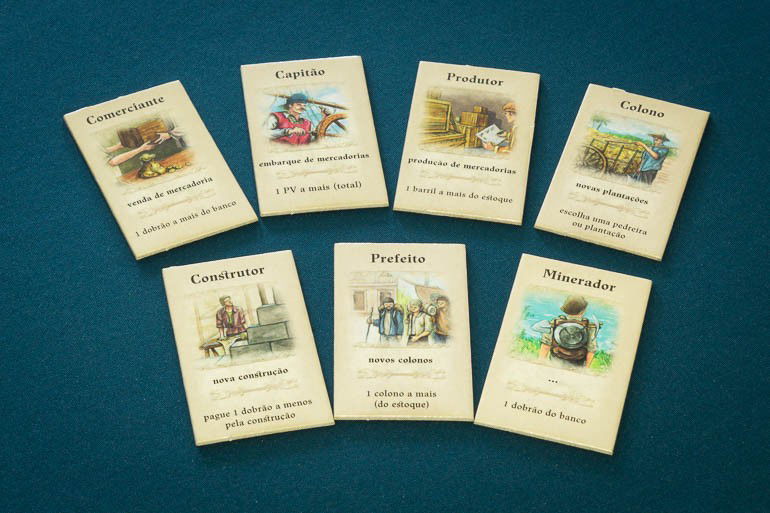
Each of them does something different. Even if only one certain player picked a role, all other players will be able to use its effect, but only the player who picked it gets a specific "privilege". That's the entire strategy of the game: pick a role that doesn't benefit other players "that much", and still benefit from its privilege.
Let's go through each role.
The Settler lets you pick a plantation tile, which can be corn, indigo, tobacco, sugar, or coffee, and place it on any empty island space on their board. All players will do this. The Settler's privilege is that the player who picked it can choose a quarry instead of a plantation. If you get a colonist to work on your quarry, you'll get a discount when you construct your buildings.

If you want to construct buildings, call the Builder, pick one building token and put it on any empty space in the city on their board. All players will do this. The Builder's privilege is that the player who picked it will pay one less doubloon to build a building. Please note: buildings give you victory points at the end of the game.
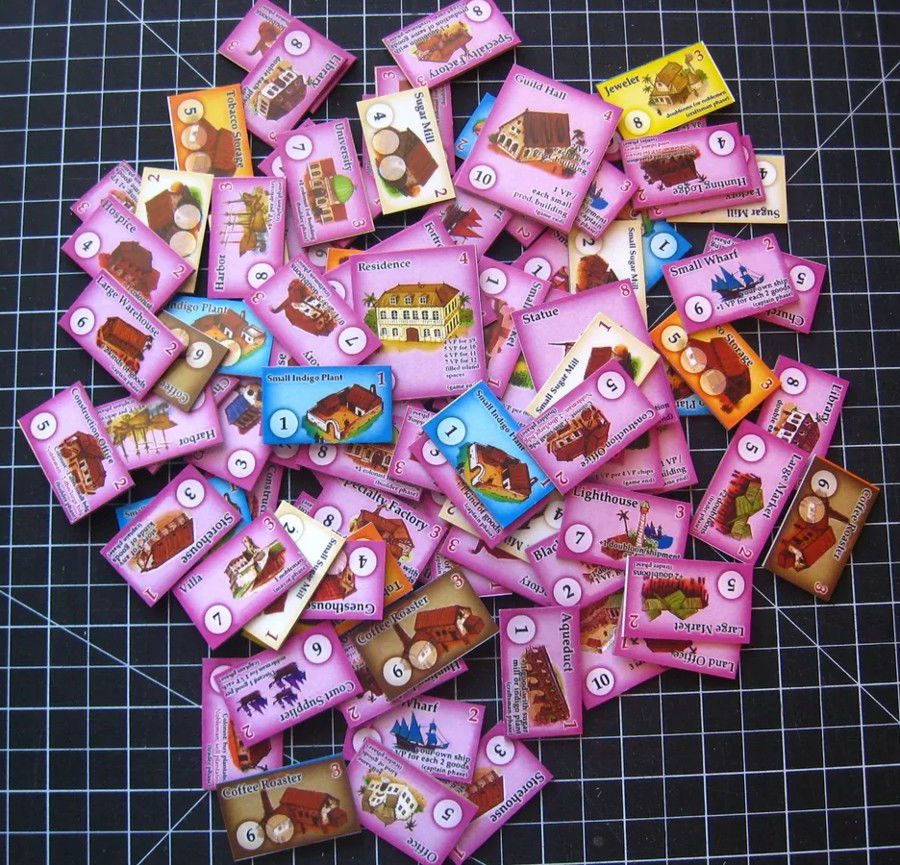
To grow crops on your plantations and make your buildings work, you'll need colonists. To get them, just call the Mayor - they'll give you colonists (who'll come on a ship), and they'll work on your plantations or buildings. The player who picked the Mayor will get, as a privilege, an extra colonist. All other players get one colonist.
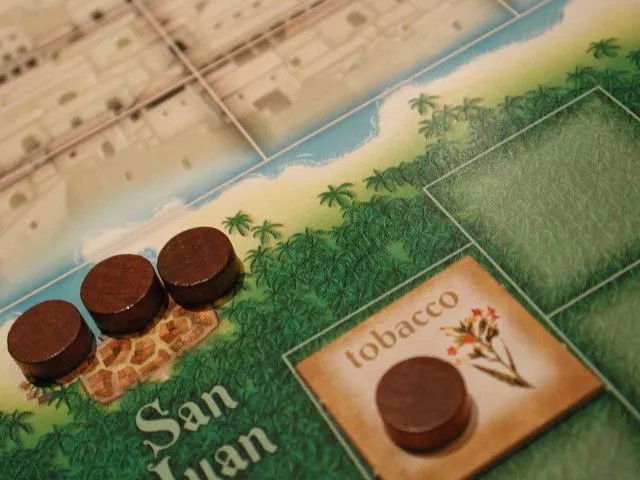
At a certain point, you'll have to manufacture something out of what you grow on your plantations, and will have to call the Craftsman. This is how you'll manufacture goods from your crops. Additionally, as a privilege, the player who picked this role will manufacture one extra product.
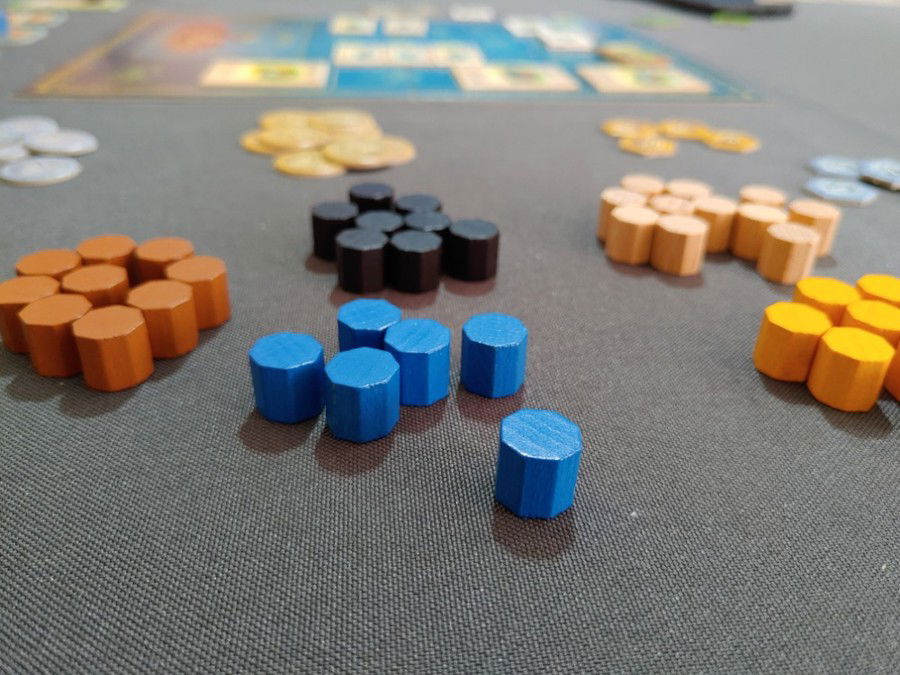
Selling goods is a great option because, obviously, you'll get doubloons in exchange. To sell your goods, just pick the Trader: this is how you and other players will sell your goods to the trading house. The player who picked the Trader will get one extra doubloon for the sale as a privilege.
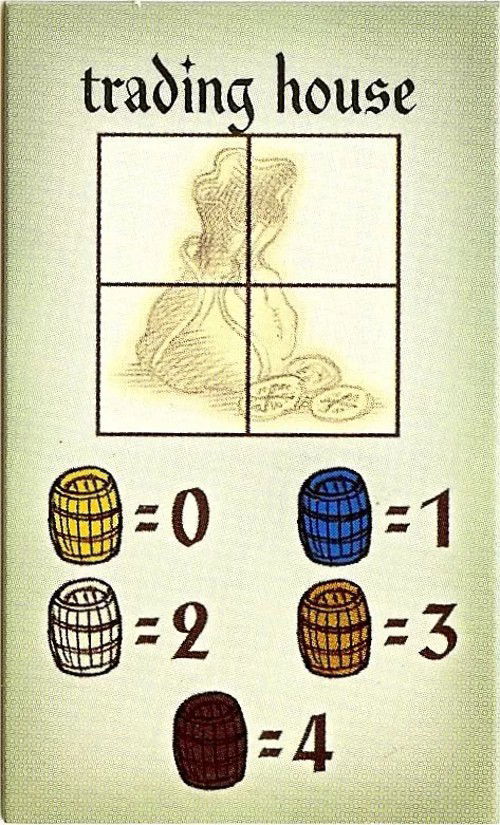
Shipping your goods to Europe will give you victory points. To do that, pick the Captain. You'll get one victory point for each product you ship, but keep in mind, ships can only take a certain number of products. Each player will be able to ship their goods if you pick this role. Additionally, as a privilege, whoever picked the Captain gets one extra victory point from this action.
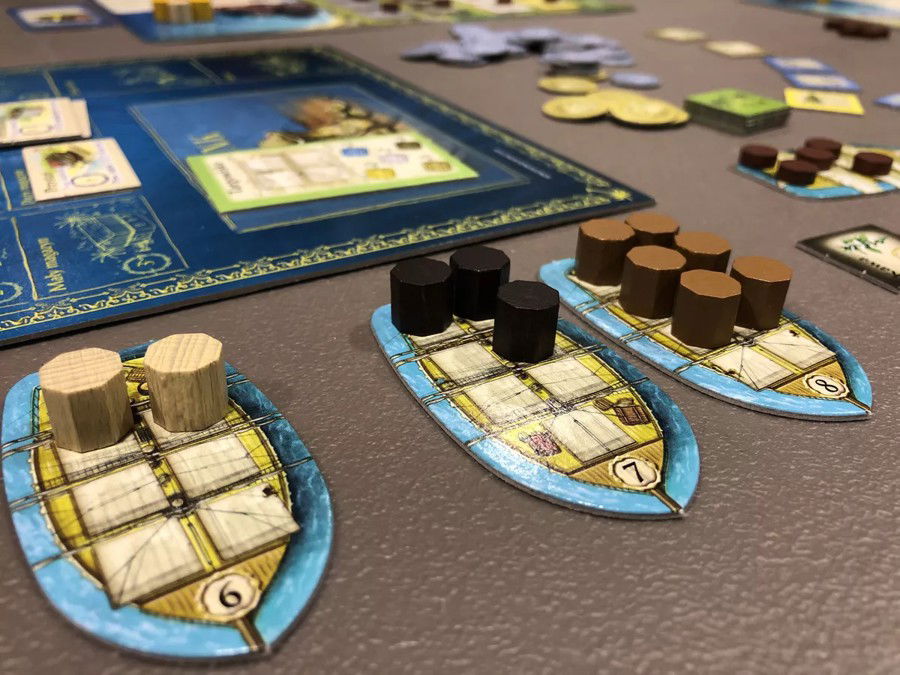
Finally, sometimes you'll be out of doubloons, which are necessary to build buildings. If you need doubloons, call the Prospector. Unlike the other roles we mentioned, the Prospector just gives one doubloon to whoever picked them, and does nothing else for any other players. That is their privilege.
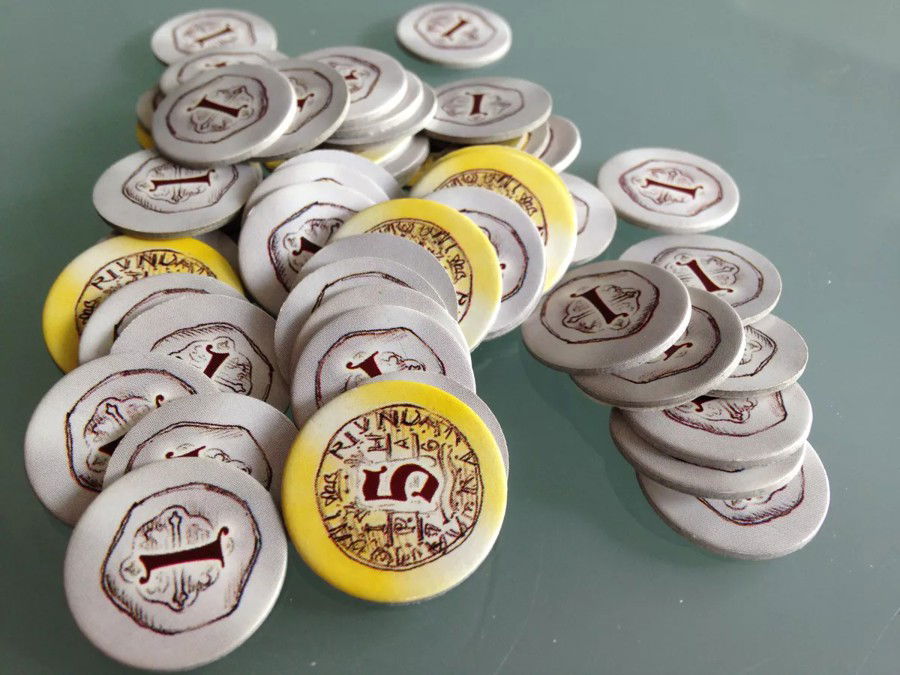
This way, after you pick one role available and everyone uses their effects, the player to your left will pick another role. This will go on until everyone plays what they want. That's a round in Puerto Rico!
Game End
The game ends at the end of a round when at least one of these 3 conditions is met:
colonist ship as required;
space;
Now, each player counts their victory points:
The player with the most victory points is the winner!
If two or more players tie with the most victory points, the player with the most doubloons and goods together (1 good = 1 doubloon) is the winner.
Strategy and Tips
In Puerto Rico, you need to find the perfect timing whenever you want to play something. Considering everyone will get to do the same, you need to be really careful. Whatever you pick may benefit your opponents more than you.
My best tip is: pick the right role at the right time. This way, you'll get the best privileges and better results than your opponents.
Puerto Rico is full of action. There are many roles to pick from, and you can do a lot with your manufactured goods.
Basically, you need to have a strategy for each role you pick - consider them carefully before you put your strategy in motion.
Unboxing, Rules, and Gameplay Videos
Check out this unboxing:
Learn the rules:
Watch some gameplay:
Teaching Moments
If you want to work on your timing and perfect your strategies, Puerto Rico is definitely perfect for you.
I confess that it will force you to make many choices and definitely plays out differently depending on the age of the players. 12 and up seems correct to me because you'll have to manage a lot. You'll also need to dedicate some time to learn all roles and make the most out of their privileges.
You can also learn a lot from its historical setting - as in, Puerto Rico and the period in question, as well as the roles. Some players may not remember every detail after they play, but they'll at least remember a bit - they'll remember how to get tobacco, store it, and ship it, for instance. These details will also help you as you play.
Puerto Rico is a great lesson if you want to learn more about "chain reactions" and "production lines". Everything you play will result in something that you can ship or sell, and, if you can't do either, you can store it and sell it or ship it at a better time. You need to think about everything before you do it. It's a great workout for your brain!
I highly recommend Puerto Rico to your collection!!!








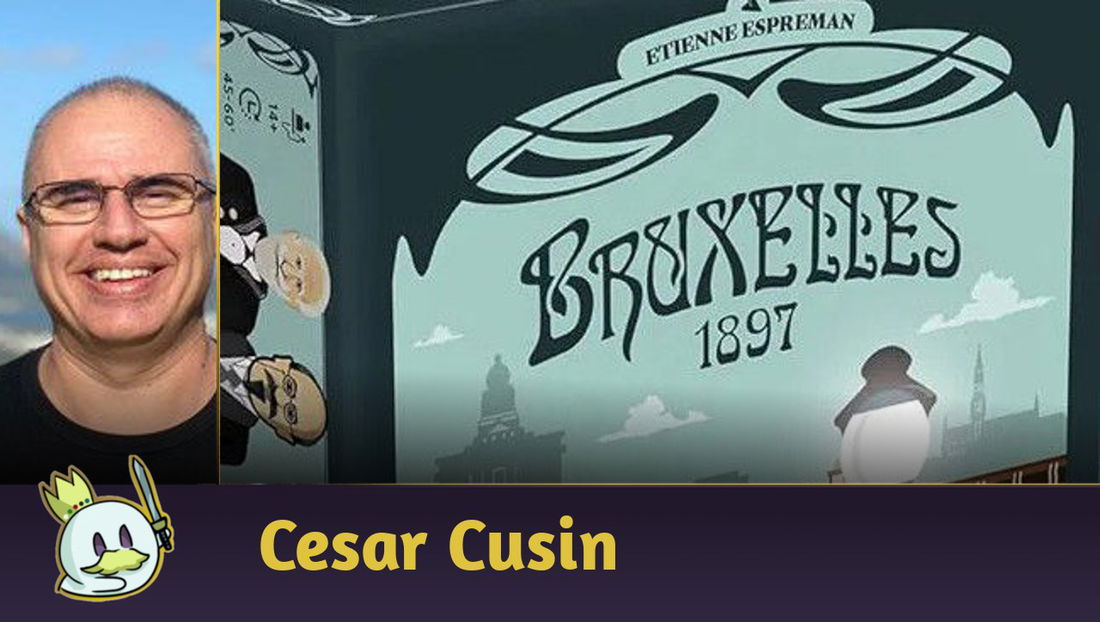
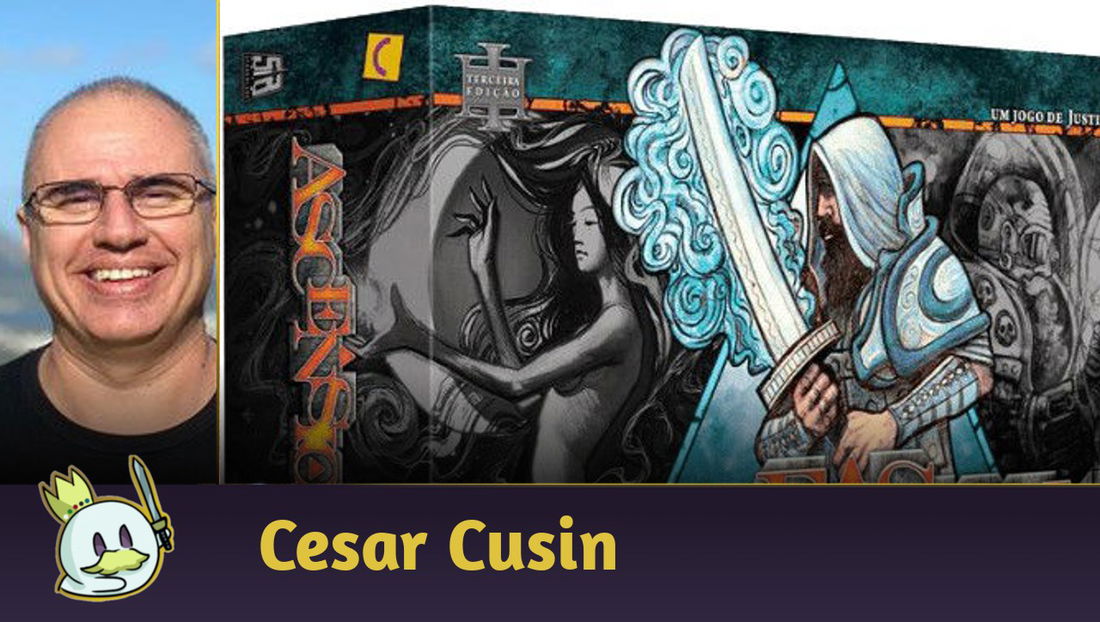



— Comentários 0
, Reações 1
Seja o primeiro a comentar